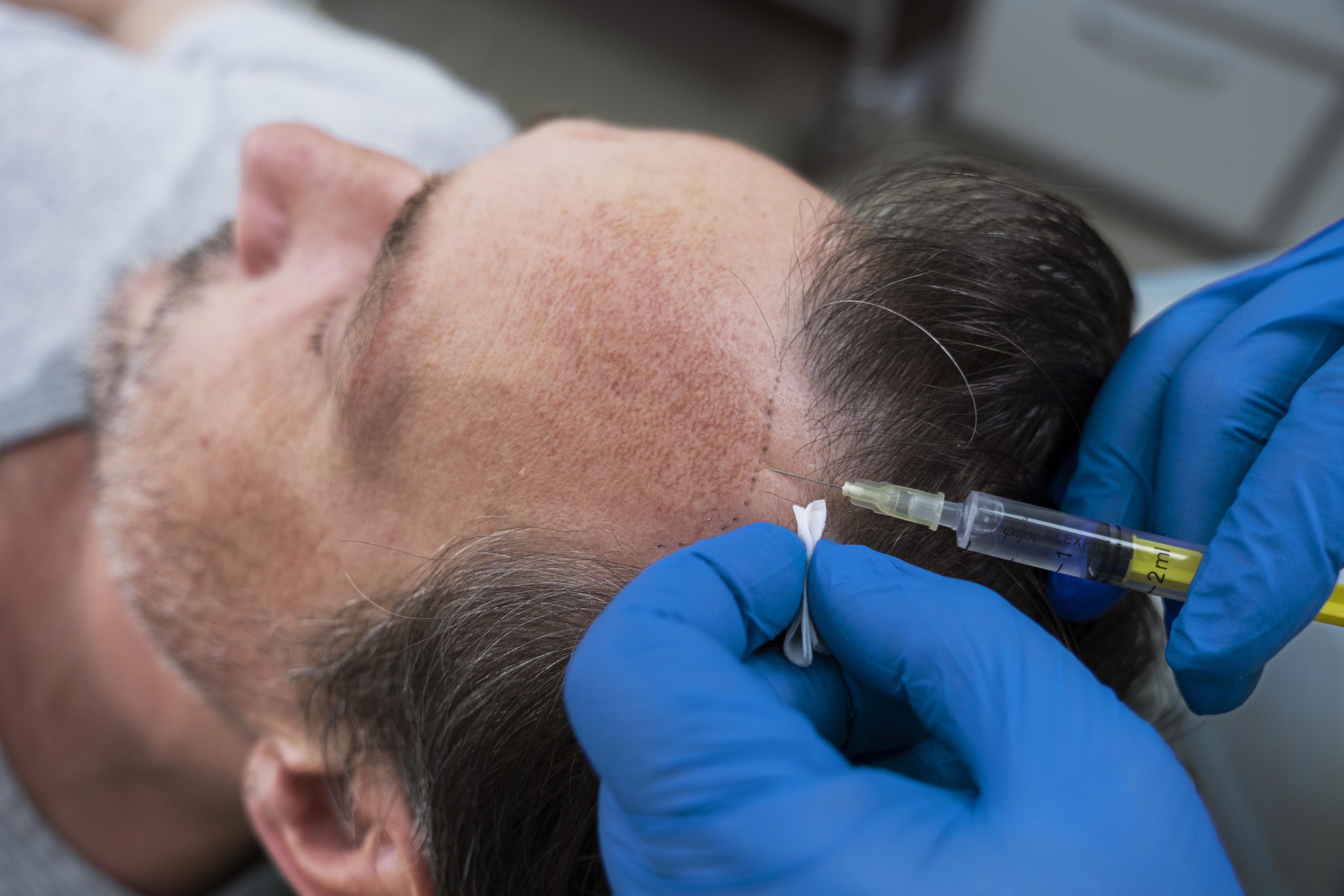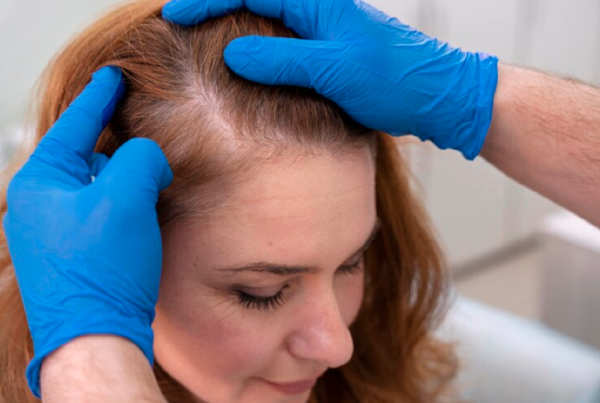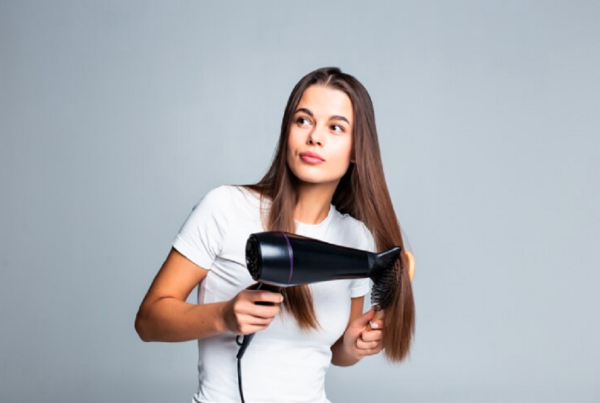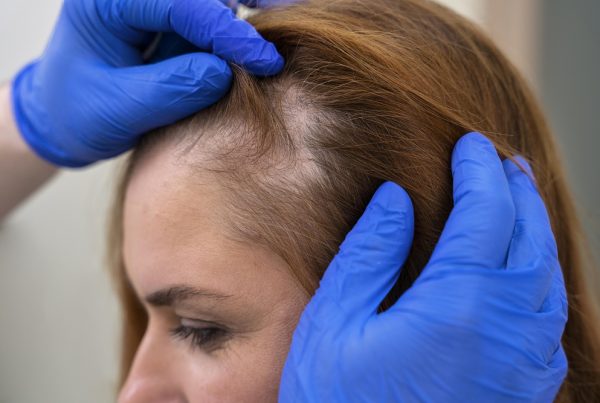The Best Treatment for Hair Regrowth: Exploring Effective Options
Hair loss can be a distressing experience for both men and women. Fortunately, there are several effective treatments available for hair regrowth. These treatments aim to stimulate hair follicles, promote new hair growth, and improve the overall health and thickness of the hair. In this blog, we will explore some of the best treatments for hair regrowth and discuss how they work to address hair loss concerns.
1. Minoxidil (Rogaine)
Minoxidil is an FDA-approved topical medication that is widely used for hair regrowth. It is available over-the-counter and can be applied directly to the scalp. Minoxidil works by stimulating hair follicles, prolonging the hair growth cycle, and increasing blood flow to the scalp. It is effective for both male and female pattern hair loss. Regular use of minoxidil can lead to thicker, fuller hair, although results may vary from person to person. It is important to note that minoxidil needs to be used continuously to maintain its effects.
2. Finasteride (Propecia)
Finasteride is an oral medication that is primarily used for the treatment of male pattern baldness. It works by inhibiting the enzyme responsible for converting testosterone into dihydrotestosterone (DHT), a hormone that contributes to hair loss. By reducing DHT levels, finasteride helps to slow down hair loss and promote hair regrowth. It is typically prescribed for men and requires a prescription from a healthcare professional. Regular use of finasteride is necessary to maintain the results, and it may take several months to see noticeable improvement.
3. Low-Level Laser Therapy (LLLT)
Low-level laser therapy, also known as red light therapy, is a non-invasive treatment for hair regrowth. It involves the use of low-energy laser devices or light-emitting diodes (LEDs) to stimulate hair follicles and promote cellular activity. LLLT helps to increase blood flow to the scalp, enhance nutrient delivery, and stimulate hair growth. It can be performed in a clinical setting or used at home with specialized devices. LLLT is safe, painless, and does not require any downtime. Regular and consistent use is key to achieving optimal results.
4. Platelet-Rich Plasma (PRP) Therapy
Platelet-rich plasma therapy is a regenerative treatment that utilizes the patient’s own blood to promote hair regrowth. During the procedure, a small amount of blood is drawn and processed to extract the platelet-rich plasma. This plasma, which contains growth factors and cytokines, is then injected into the scalp to stimulate hair follicles and promote new hair growth. PRP therapy is effective for both male and female pattern hair loss. Multiple sessions are usually recommended to achieve optimal results, and maintenance treatments may be required.
5. Hair Transplantation
Hair transplantation is a surgical procedure that involves harvesting hair follicles from a donor area and implanting them into areas of hair loss or thinning. This procedure is commonly used to address male pattern baldness but can also be effective for women with hair loss. Hair transplantation provides a permanent solution as the transplanted hair follicles are resistant to the effects of DHT. The procedure requires meticulous planning and skilled execution by a qualified surgeon. Recovery time can vary, and it may take several months to see the full results of the transplant.
6. Nutritional Supplements
Nutritional supplements can play a supportive role in promoting hair regrowth. Supplements containing vitamins, minerals, and essential nutrients such as biotin, iron, zinc, and vitamin D can help support hair health and growth. However, it is important to note that supplements alone may not be sufficient to treat hair loss. They are most effective when used in conjunction with other treatments and a healthy lifestyle.
It is worth mentioning that the best treatment for hair regrowth can vary from person to person. The suitability of a particular treatment depends on individual factors such as the cause and extent of hair loss, overall health, and personal preferences. Consulting with a qualified dermatologist or hair restoration specialist is crucial to determine the most appropriate treatment plan for achieving optimal hair regrowth results. Additionally, adopting a comprehensive approach that includes a healthy diet, regular scalp care, and stress management can complement the effects of hair regrowth treatments and promote overall hair health.






